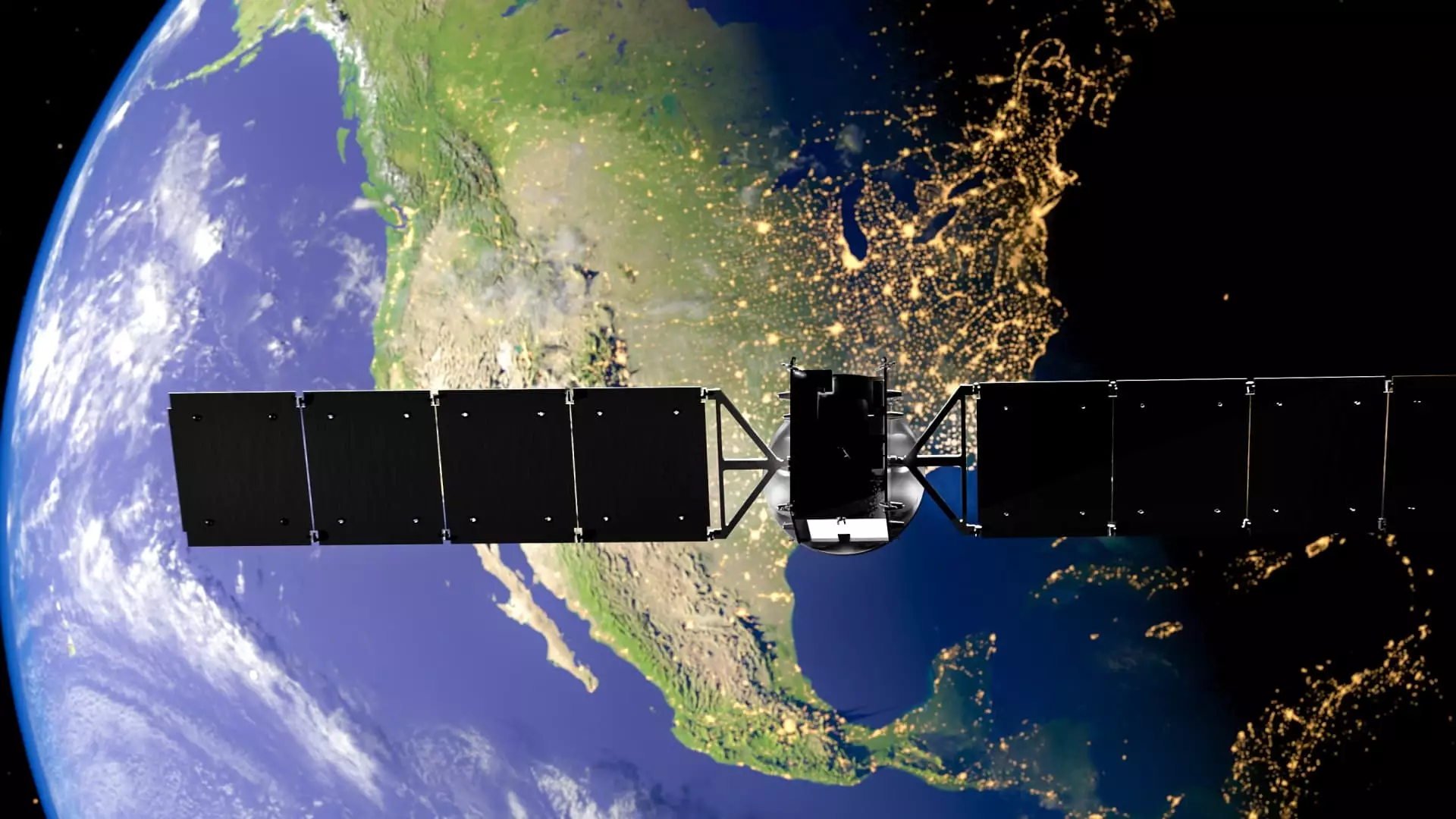Since the 1970s, the Global Positioning System (GPS) has become a cornerstone of not just military operations but civilian infrastructure across the United States and beyond. The network of satellites has been pivotal for various applications, from navigation to financial transactions, generating an estimated $1.4 trillion in economic benefits. A study by the Department of Commerce emphasized the criticality of GPS, stating that an outage could potentially result in economic losses of $1 billion per day. Such staggering figures underscore our reliance on this technology, pointing to the need for enhanced resilience and redundancy.
The escalating threat from adversaries such as Russia and China in space necessitates urgent action. As the U.S. faces growing vulnerabilities, the U.S. Space Force has taken significant steps to establish a backup network through the Resilient Global Positioning System (R-GPS). This initiative, with an estimated budget of approximately $2 billion, aims to create an alternative satellite system to soothe concerns stemming from our dependency on the current GPS network, which consists of 31 operational satellites in medium Earth orbit.
Lt. Col. Justin Deifel, the leader of the R-GPS program at the Space Systems Command, characterized GPS as essential to everyday activities, comparing its importance to that of utility services like water and electricity. This sentiment resonates deeply within the military and civilian sectors, leading to an aggressive push by the Pentagon to fortify its satellite networks, emphasizing a stronger foothold in space.
In a strategic move to expedite the development of the R-GPS network, the Space Force turned to the commercial space industry, awarding contracts to four companies: Astranis, Axient, L3 Harris, and Sierra Space. This pivot marks a significant trend in defense procurement, where private innovators are invited to contribute to national security projects. For companies like Astranis, this represents a pivotal diversification into the positioning, navigation, and timing (PNT) service segment, expanding their operational reach and technological capabilities.
Astranis, which recently launched its first “MicroGEO” satellite, is venturing into the R-GPS initiative with its new Nexus product line. This innovative leap illustrates the transition to higher orbits and shows the Department of Defense’s increasing trust in private entities to deliver critical assets for national security. CEO John Gedmark remarked on the profound shift towards utilizing small satellites in high orbits, accentuating the new technological paradigms that the R-GPS program embraces.
Beyond mere resilience, the R-GPS initiative is poised to stimulate economic opportunities. Gedmark has called this a “multi-billion dollar opportunity,” with plans for a constellation of at least 24 satellites. The initial funding allocated to the contract and design studies sums to $40 million, showcasing a rapid mobilization unlike any prior endeavors within the Department of Defense. The system’s launch horizon is impressive, with some satellites expected to be operational as soon as 2028.
Lt. Col. Deifel outlined the budgeting framework for the project, estimating costs between $50 million to $80 million per satellite, excluding non-recurring engineering costs. The entire program could thus range from $1.2 billion to $1.9 billion over five to six years, signaling a robust financial commitment towards safeguarding GPS alternatives. Notably, Space Systems Command plans to procure and deploy R-GPS satellites in batches, ensuring a phased approach to implementation.
The unprecedented speed of the R-GPS program’s initiation can be attributed to an innovative funding authority known as “Quick Start.” Traditionally, space programs have taken years to move from conception to execution, but the streamlined methodology adopted here has unlocked a new pace of progress. Gedmark pointed out the Pentagon’s agility, noting that the rapid approval process can serve as a model for future Department of Defense initiatives.
With an impressive track record, Astranis continues to navigate challenges in the satellite industry, overcoming setbacks from their previous satellite’s issues. Their experience and innovation place them as key players in realizing the vision of a more resilient GPS system.
As the countdown to the R-GPS launch begins, collaboration between military branches and the commercial space sector marks a new chapter in national security. The program is not merely a response to immediate threats but a forward-looking strategy to ensure navigational resilience in an increasingly complex geopolitical landscape. Embracing diverse partnerships and investing in innovative technologies positions the U.S. at the forefront of the next generation of space systems, illustrating a profound shift in how external threats are countered and highlighting the enduring importance of GPS in everyday life.

